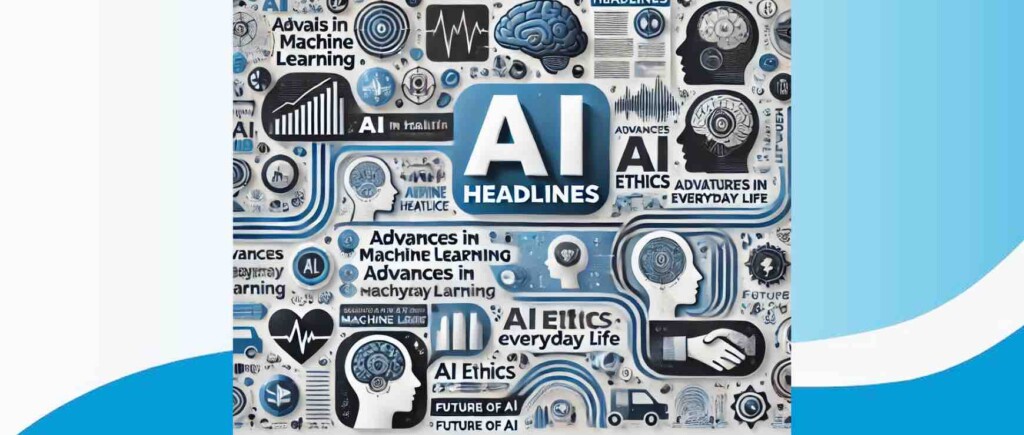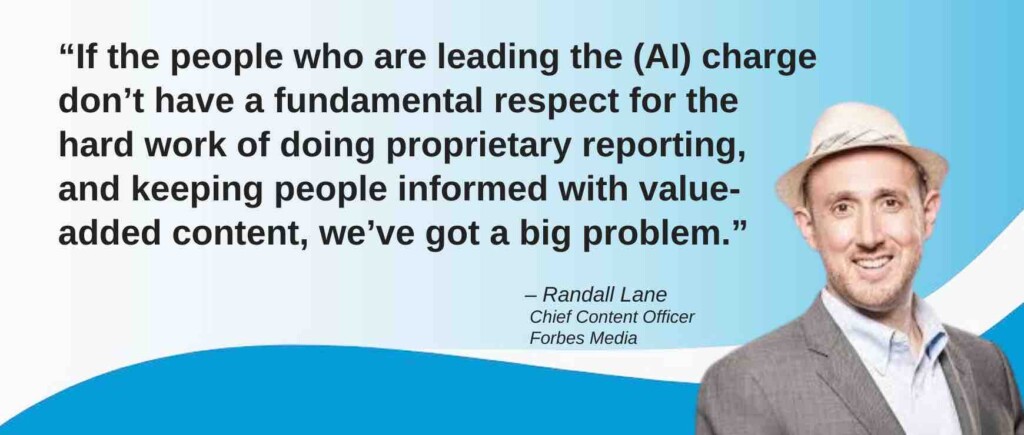By Kevin Hawkins with Korey Hawkins | Vol. 2 Post 26
REAL AI is a human-created weekly roundup of all things AI in real estate and emerging AI innovations in other sectors likely to impact real estate. We post a new edition every Friday, and our free newsletter is delivered every Monday.
AI tech must stop overpromising and underdelivering
The AI hype machine has been feeling like a runaway train lately. Fortunately, a few folks are opting to take the emergency break to slow things down.
Let’s look at a few examples:
ChatGPT pauses voice features
OpenAI first announced its Voice Mode would be widely available within a few weeks of May’s Spring Update.
On Tuesday, they announced on X that they needed more time, pushing it out to the fall, writing:
“We had planned to start rolling this out in alpha to a small group of ChatGPT Plus users in late June, but need one more month to reach our bar to launch. For example, we’re improving the model’s ability to detect and refuse certain content. We’re also working on improving the user experience and preparing our infrastructure to scale to millions while maintaining real-time responses.” – Open AI
When we first started testing the voice feature on our phones – excited by the fantastic demo – it glitched out more than it worked, so we gave up. It was not fun watching it spin, and spin, and spin – only to fail.
Also, note the post’s recognized need to “improve the model’s ability to detect and refuse certain content.” You think, watching the mess Google stepped on with Gemini, they would have made those improvements before they announced a target date that became unachievable.
Lack of Mac app
OpenAI disappointed Mac users the same way, initially rolling out a desktop app for Mac users that was downloadable but not functional. Who does that?
The workaround for voice-to-text was to talk to the ChatGPT app on your iPhone if you wanted to research a quick fact.
Finally, this week, OpenAI released a fully functional ChatGPT desktop app for Mac users, so we no longer switch between devices to save time (and were we saving time?) with the added ability to dictate versus type queries.
Perplexity AI’s mess
Another unfortunate example of not-ready-for-prime-time AI was by an LLM search engine we have praised.
As reported by the Associated Press, Perplexity.ai “published a summarized news story with information and similar wording to a Forbes investigative story but without citing the media outlet or asking for its permission.”
When AP looked closer at Perplexity.ai, it found “another Perplexity product feature inventing fake quotes from real people, including a former elected town official from Martha’s Vineyard falsely quoted to say he didn’t want the Massachusetts island to become a destination for marijuana.”
Tech pub Wired was hasher with its story last week entitled “Perplexity Is a Bullsh** Machine.” Its story details a WIRED investigation showing that Perplexity “is surreptitiously scraping—and making things up out of thin air.”
Rush to announce, slower to deliver
For decades, we’ve seen this same pattern of overpromising and underdelivering in real estate tech. Today, we see the same thing in AI-related real estate tech, especially among new AI startups serving our industry.
The demos made us go “wow,” but the promised delivery dates are getting pushed.
One example is Productive.ai, the AI startup that won the last NAR iOi Summit. The AI-powered phone tech is very real, but the “wow factor” came from the AI assistant they demoed. At the time, they said it would be released “in the next few months.” It has been nearly a year, and the AI assistant that was part of their pitch has yet to be released.
But they are not alone. Several other AI-based tech firms serving our industry have promised new features would also be coming out “soon,” but those features they have showcased have yet to come to fruition.
But that’s NOT a bad thing. Getting AI right is vital to its survival.
The industry’s penchant for launching new AI products and features that are not ready for prime time puts AI innovation in jeopardy. The industry needs to take a breath before making “coming soon” announcements that will not be available to the masses for quite some time.
As real estate AI veteran Nathan Brannen at Restb.ai has repeatedly said, creating good, reliable, and trustworthy AI “Is really hard.” (-Kevin)
AI fights the laws, but will the laws win?
California is often thought of as the epicenter of AI development. It also is actively moving forward to pass some epic laws related to AI.
As recently reported by Inside Privacy, several bills are making their way through the current legislative session in California.
One proposed law in the state senate (SB 942) requires generative AI systems that average one million monthly visitors (or users) to have an “AI detection tool” verifying if the content was AI generated, noting, a system violating the law would be dinged $5,000 a day in fines.
Another house bill (AB 3211) would require watermarks for all AI-generated content. Violators could face “penalties up to the greater of $1 million or 5% of the violator’s annual global revenue.”
Two more bills “would limit or require disclosing information about data sources used to train AI models.” And it notes that legislators “also are considering preemptively regulating AI that is more advanced than systems currently in existence.”
As you can imagine, AI firms are not happy with these developments. As reported by Axios: “This bill, as it stands, could gravely harm California’s ability to retain its AI talent and remain the location of choice for AI companies,” around 140 AI startup founders said in a letter authored by Y Combinator.
And we thought real estate was in a legal quagmire! (-Kevin)
AI Fast Facts
- Google’s new AI Overview uses 10x the amount of power as a traditional Google search. Adding AI snapshot answers to all Google searches could use the same amount of electricity needed to power all of Ireland – The Lever
- Using AI to generate a single image can gobble up as much energy as fully charging your smartphone – MIT Technology Review
- The global data centers that power AI platforms account for 2.5% to 3.7% of the world’s greenhouse gas emissions — surpassing the aviation sector – State of the Planet
- AI’s water usage is projected to hit 6.6B cubic meters by 2027. In 2018, before its AI development amped up, Google alone was already using 15.8B liters of water to cool its data centers – Forbes
- The Electric Power Research Institute predicts that AI will use as much as 9.1% of the country’s energy by 2030 – EPRI
Source: Various via The Hustle (-Korey)
Transforming How Agents Work the Phones Using AI Call Assistants | 6/25/24 NAR
AI tech is streamlining phone tasks for real estate agents.
Sharran Srivatsaa says this is what agents should be doing with AI | 6/27/24 Inman
Inman interviews The Real Brokerage CEO regarding AI in real estate.
AI Startup Anthropic Just Announced a Big New Feature for Business | 6/25/24 Inc.
The rivalry between ChatGPT and Claude continues to heat up.
As Industry Is Consumed by Digital & AI, Windermere Doubles Down on the Human Element of Real Estate with New Campaign from PB& | 6/27/24 Marketing Communication News
Windermere will launch the radio segment “Wednesday Windermere Wisdom.”
Amazon reportedly working on new AI chatbot to compete with ChatGPT | 6/24/24 SiliconANGLE
“Metis” will use retrieval-augmented generation to gather info outside of its original training data. (-Korey)
Subscribe to our free Real AI newsletter here.
Content suggestions welcomed: email korey@wavgroup.com.






